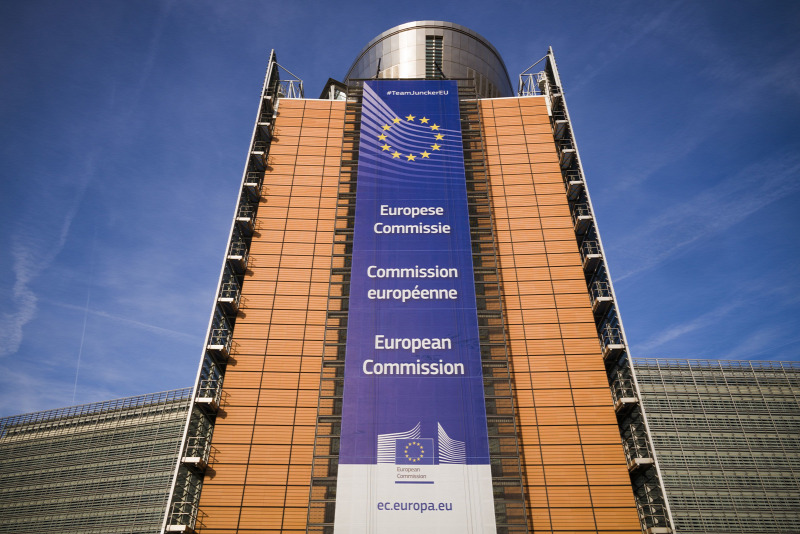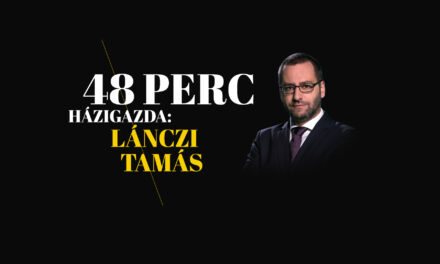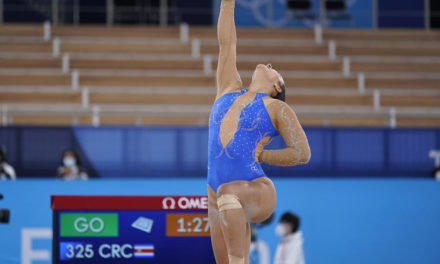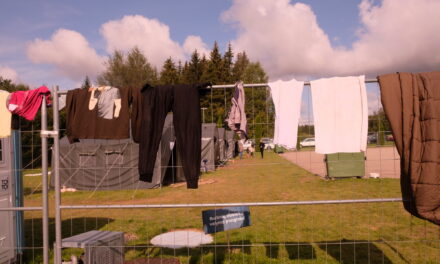According to Századvég's analysis, the European Commission's draft for EU elections would unabashedly interfere in the electoral system of the member states and unabashedly go against the basic treaties and a previous decision of the European Parliament.
In the past, there were clear signs that Brussels wanted to intervene in the Hungarian elections , but the European Commission's package of proposals, which has just been made public, can be evaluated as a step up even compared to previous attempts at intervention. With this step , the body, defined as the guardian of the treaties, goes against not only the principle of the sovereignty of the member states, but also the basic treaties that give the essence of European integration. The Commission adopted a set of norms that serve only one purpose: the possibility of direct intervention in national elections. Based on the experiences of the past, the application of the new tool will be characterized by the double standard consistently applied by the international left-wing network already known in relation to the rule of law reports.
On October 10, 2019, the European Parliament adopted a resolution stating that foreign interference in elections violates the right of people to have a say in the governance of their country directly or through their freely elected representatives. Despite this, the European Commission repeatedly shows opposite behavior in the run-up to the 2022 Hungarian elections.
On September 29, 2021, a left-liberal delegation of the LIBE Committee visited Hungary in order to learn about the rule of law in Hungary. The delegation Gwendoline Delbos-Corfield , a French Green Party representative who replaced Judith Sargentini The delegation consisted of seven representatives, five of whom are sharp critics of Hungary. During the visit, the delegation held discussions with the leading politicians of all opposition parties. At the end of the visit, Gwendoline Delbos-Corfield questioned the integrity of the Hungarian elections in advance, saying that the opposition does not get space in the public media, and thus the chances of the left reaching the citizens directly are significantly distorted. The reality, on the other hand, is that legislation in Hungary guarantees freedom of the press and the implementation of plural mass media.
As a previous analysis pointed out, it is the European Commission that wants to interfere in the work of the press and violates the fundamental right of access to information and freedom of the press by supporting the establishment of fact-checking commissions in the world, in which only people with left-wing views can sit. . All of this is clearly shown by the fact that in Hungary, Magyar Jeti Zrt., the publisher of the openly anti-government 444 and Qubit, won the grant.
This is how we arrived at the European Commission's package of proposals published today. On November 25, 2021, the European Commission presented a proposal on the transparency and targeting of political advertising activities. The official purpose of the measure is to protect electoral integrity and open democratic debate. The European Commission usually stands under the auspices of a double standard, alongside the ideology of an open society under the heading of democracy protection. Gwendoline Delbos-Corfield, head of the LIBE delegation arriving in our country at the end of September, said after the visit in Strasbourg that next year's elections cannot be truly fair. Although Jourová stated that they will not interfere in the Hungarian elections, we can have reasonable doubts about this: On the one hand, she confirmed Delbos-Corfield's statement that "there are question marks regarding the integrity of the Hungarian elections", and on the other hand, the European Parliament had previously even adopted a resolution regarding the rejection of the intervention, yet only entities linked to the political left were entrusted with the censorship of digital media in Hungary.
The EC's latest proposal, which will be presented to the EP and the Council in the next step, should be interpreted as one of the consequences of the LIBE visit and as a continuation of the creation of the HDMO. The aim of the EC is for the new rules to enter into force by the spring of 2023, i.e. one year before the elections, and for them to be fully implemented by the member states, so that the EP elections in 2024 will already be held in accordance with the new package of proposals. The aim is also for the European parties to become visible factors at the member state level as well. The problem with this is that the scope of activities of the European parties must be limited to the European Union, not to the nation-states , because the treatment of European parties as national organizations goes with the principle of subsidiarity, and with it the EUSz (Treaty on the Functioning of the European Union) face
Source: Századvég Foundation
(Header image: AFP/Hemis.fr/Bibikow Walter )













